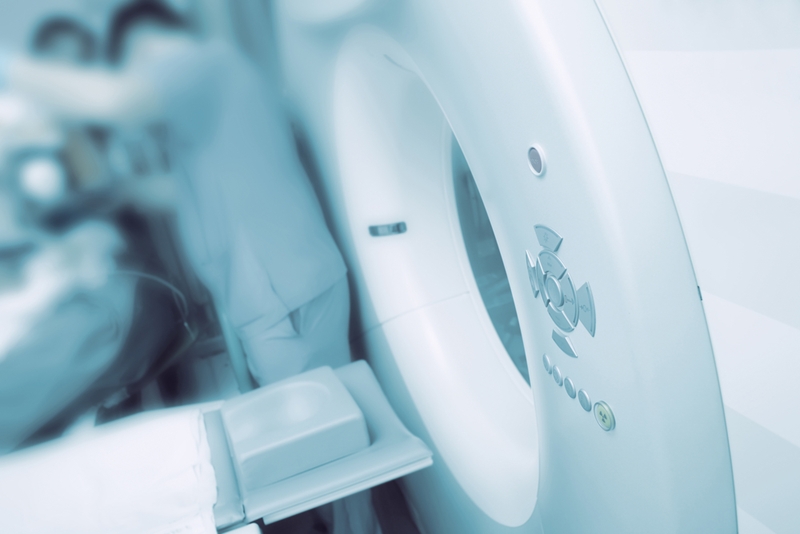Hospitals and medical facilities rely on technology and equipment to deliver lifesaving treatments and provide quality patient care. Many of these devices contain sensitive components that can break or cause a power surge across the power environment for the entire facility.
When the lights go out in a hospital, there must be measures in place to ensure that workflows continue. A number of hospitals across the nation were impacted by power outages in February, serving as a critical reminder of just how important it is to have a reliable uninterruptible power supply system to recover from emergency events.
Equipment malfunctions
Machine breakdowns can halt all productivity and take a significant amount of time to restore operations. Multiple hospitals operated by Orlando Health Facilities experienced this firsthand when its computer systems were brought down by a power issue. WESH 2 reported that departments in each hospital immediately initiated downtime procedures to handle the failure quickly and ensure continued patient care. This just demonstrates the extent of damage that one issue can have.
 Equipment malfunctions can cause power surges and outages across a hospital.
Equipment malfunctions can cause power surges and outages across a hospital.Even power providers can experience equipment malfunctions on their side, leading to outages for a number of their customers. Southern California Edison experienced a power outage due to equipment problems, affecting over 1,300 customers including Simi Valley Hospital, Ventura County Star reported. While a temporary restoration was made within hours of the event, a permanent solution wasn’t put in place until later that evening. Fortunately, the hospital had backup power capabilities to continue working and minimize downtime.
“You must take the steps now to ensure that you can operate in critical situations.”
Unexpected scenarios
Many power outages will be out of your control, meaning that you must take steps now to ensure you can operate in critical situations. For example, an electrical transformer fire in eastern Washington impacted 700 customers and the Coulee Medical Center. The hospitallost internal phone communication capabilities, preventing patients from calling in and creating staff messaging bottlenecks, The Star reported. Although this didn’t stop the center from seeing and treating patients, it no doubt created a number of internal issues.
Impacted power lines can also create unexpected outages for hospitals and other organizations. A car accident led to a downed power pole, creating an outage at the Richmond Community Hospital. The facility was able to return power with generators, but an issue within the generators quickly caused an outage again, WTVR reported. At least two patients had to be transported to another location. Similarly, an underground power line failure impacted the Kaiser Permanente Santa Rosa Medical Center in California. The Press Democrat noted that the essential equipment stayed on with emergency backup systems, but that there was only four days’ worth of fuel to power the facility.
Preventing hospital downtime
Medical facilities serve critical functions to everyone’s well-being, but they can only operate effectively when their equipment is online. Critical systems like ventilators and vital monitoring machines must have a constant stream of power to track patient conditions and provide quality care. With a UPS system in place, hospital decision-makers can have peace of mind that their systems will be able to function in the event of an outage or other emergency event.
Hospitals across the country experience power outages throughout the year due to equipment malfunctions, power surges and unexpected scenarios. These real cases from the past month demonstrate how important it is to have a UPS system in place to seamlessly transfer power and maintain critical operations. Contact Energy Control Systems to learn more about how aUPS solution can power your business.

